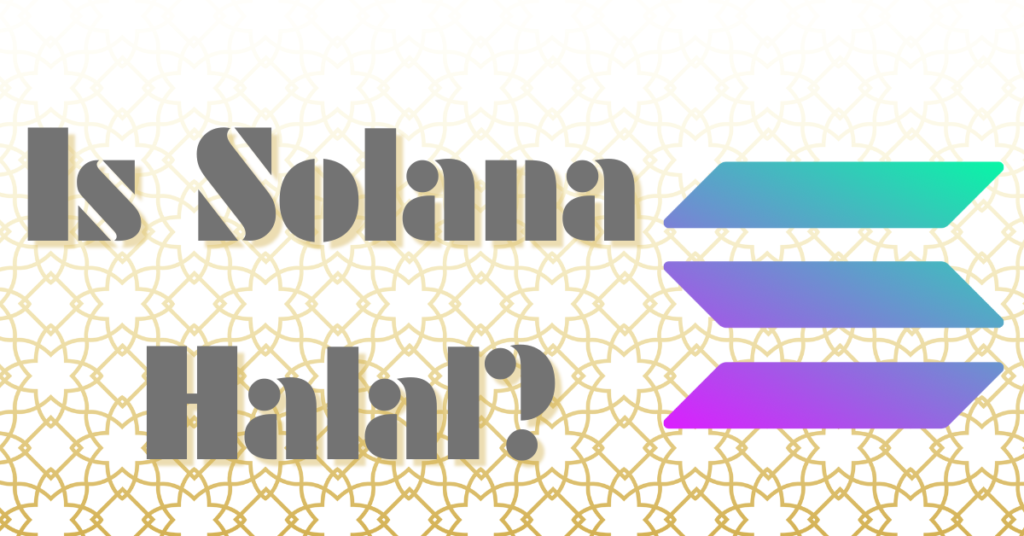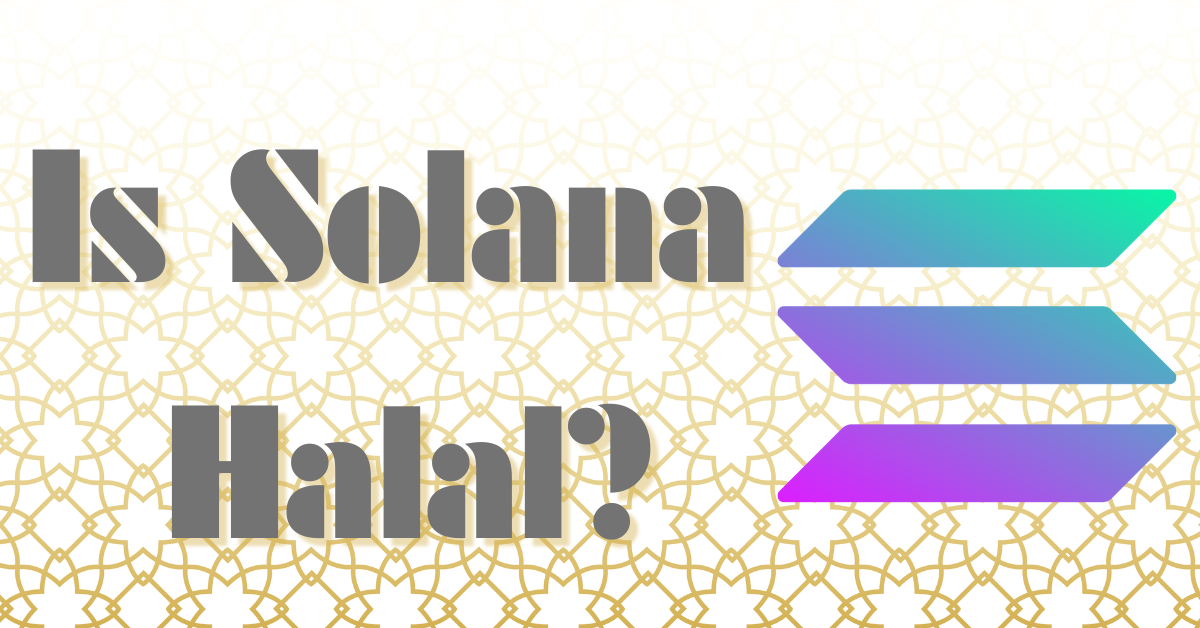The question “Is Solana Halal?” has become urgent for Muslim investors navigating crypto’s ethical maze. With its blazing-fast transactions and surging adoption, Solana (SOL) tempts portfolios worldwide—but does it align with Islamic finance principles? Let’s cut through the noise with a faith-first analysis.

Is Solana Halal? Breaking Down Its Ethical Blockchain Framework
Solana’s hybrid technology—Proof of Stake (PoS) paired with Proof of History (PoH)—sets it apart from energy-guzzling rivals like Bitcoin. This efficiency isn’t just technical; it’s ethical. Islamic finance prioritizes resource stewardship, and Solana’s 65,000 transactions per second (vs. Bitcoin’s 7) achieve more with less energy waste—a critical factor for halal compliance.
Why Muslim Investors Are Watching Solana Closely:
- Zero Interest Infrastructure: Unlike conventional banking, Solana’s revenue comes from burned transaction fees, avoiding riba (usury).
- Real-World Utility: From NFT platforms like Magic Eden to decentralized healthcare apps, its ecosystem emphasizes tangible value creation.
- Transparent Governance: SOL holders vote on protocol upgrades, aligning with Islam’s emphasis on community consensus (shura).
Is Solana Halal? The 3-Point Sharia Compliance Checklist
| Criteria | Solana’s Status | Islamic Ruling |
|---|---|---|
| Consensus Mechanism | Energy-efficient PoS (not PoW) | Permissible (halal) |
| Revenue Sources | Transaction fees (burned), no interest-based earnings | Compliant |
| Use Case Risks | Hosts both halal dApps (NFTs) and haram DeFi (interest loans) | Investor diligence required |
A groundbreaking 2024 report by Practical Islamic Finance confirms Solana’s base protocol is halal-friendly. However, the platform’s permissionless nature means investors must actively avoid interest-driven projects—a responsibility emphasized by Dubai’s Shariyah Review Bureau, which certifies crypto assets for Islamic compliance.
The Staking Dilemma: When Is SOL Rewards Halal?
Solana’s 5.7% average staking yield tempts investors, but not all rewards are created equal. According to Mufti Faraz Adam, a leading crypto Sharia advisor:
“Staking becomes haram if rewards mimic interest-based loans. However, SOL staking compensates validators for securing the network—a permissible service fee.”
Key red flags to avoid:
- DeFi Protocols Offering Fixed Returns: These often replicate conventional bonds (sukuk exceptions exist).
- Leveraged Trading Platforms: Margin trading frequently involves gharar (excessive uncertainty).
- Gambling-Linked dApps: NFT games with loot boxes may qualify as maysir (gambling).
5 Steps to Invest in Solana the Halal Way
- Verify Project Contracts: Use Solscan to audit dApps for interest clauses.
- Prioritize Equity-Like Tokens: Favor governance tokens (e.g., Serum’s SRM) over debt-based assets.
- Avoid Speculative Trading: Hold SOL long-term to sidestep gharar-rich day trading.
- Use Halal-Certified Exchanges: Platforms like Wahed Invest screen assets pre-listing.
- Consult Seasonal Audits: The Shariyah Review Bureau updates crypto rulings quarterly.
Is Solana Halal Long-Term? The Sustainability Factor
Islam’s emphasis on environmental stewardship (khalifa) adds another layer. Solana’s carbon footprint per transaction is 0.0003 kWh—99.9% lower than Ethereum pre-Merge. Pair this with initiatives like Solarplex’s NFT carbon offsets, and SOL emerges as a green-adjacent option for eco-conscious Muslims.
Final Verdict: Is Solana Halal in 2024?
Yes—with caveats. Solana’s core technology passes Sharia scrutiny, but its open ecosystem demands vigilant investing. For those willing to research dApps and avoid interest traps, SOL offers a rare trifecta: speed, scalability, and ethical potential.
Want deeper insights? Compare Solana’s status with Ethereum’s halal analysis or explore certified Islamic crypto portfolios.
Have you encountered Solana projects that blur the halal/haram line? Share your experiences below to help fellow investors navigate this space responsibly.

1 thought on “Is Solana Halal? The Definitive 2024 Guide for Faith-Driven Crypto Investors”